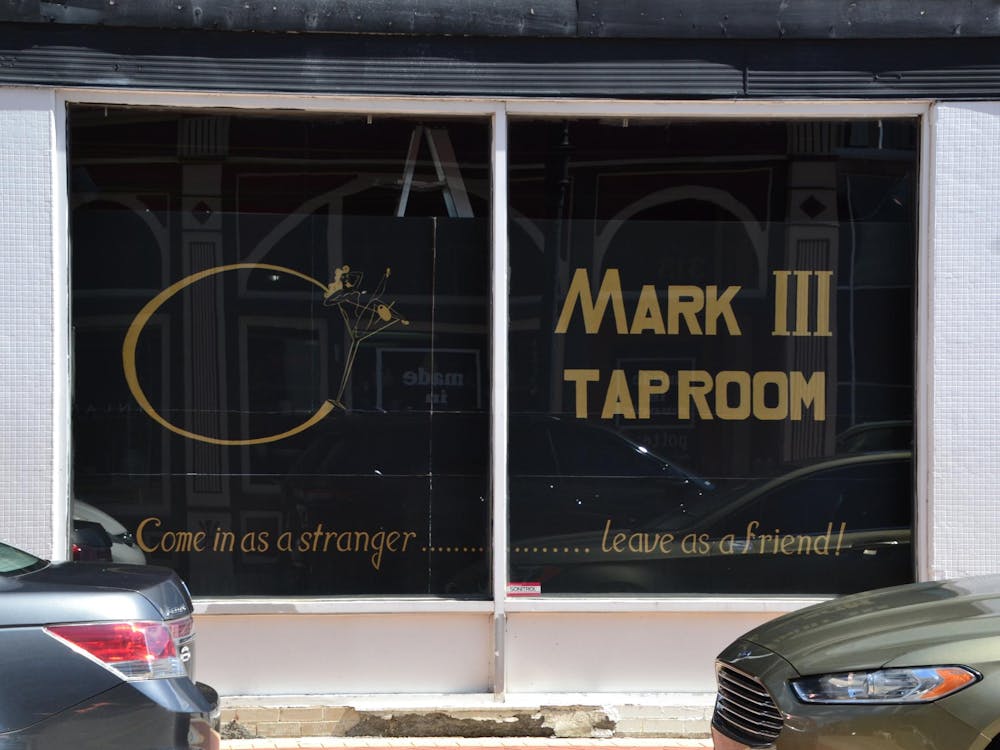This story has been corrected since it's original version. The "great leap forward" was not associated with the imprisonment of Chang's father. The Daily News regrets the error.
President Barack Obama's meeting with Hu Jintao last week had more at stake than international relations.
For Ball State professor Teh-Kuang Chang, the meeting was a chance to restore his father's honor.
Chang sent a letter to Obama earlier this week asking him to pass along a special request to the Chinese president.
Here's an excerpt from the note: "As I am a naturalized U.S. citizen, I would appreciate if you are kind enough to ask General Secretary Hu Jintao to reply my request for redress and rehabilitation from the punishment to my late father Chang Tsang-Yao in my birth place, Changting County, Fujian Province, China."
Chang's father was arrested in 1955 and sentenced to prison for nine-and-a-half years. He was incriminated for being a landlord, for his religious beliefs and for being a member of Kuomintang, the Nationalist Party.
Chang said the first count is incorrect and the next two are irrelevant. His father was an educator and a devout Buddhist.
In the 1940s, he was elected to serve as a member of the County Council in Changting County. In order to be elected, he has to be a member of the Kuomingtang, an allegiance that would come back to haunt him about 15 years down the road.
"He did nothing wrong," Chang wrote in his e-mail to Obama, which he forwarded to the Daily News on Wednesday. "The officials of the government did not have any uncomfortable feeling to him, as he was a [law-abiding and] good citizen."
Steven Hall, Chang's colleague in the political science department, said it makes sense that Chang's father would be targeted as a Nationalist.
About three years after Chang's father was imprisoned, the Communists initiated a movement called "the great leap forward," Hall said.
"There's no private property or private farms, and it fails fairly spectacularly."
There was a cultural revolution, Hall explained. People were purged, killed and imprisoned. People like Chang's father — intellectuals and political office-holders — were targeted.
The meeting between Obama and Jintao solidified a $45 billion trade agreement between America and China. It could strengthen both countries' economies but also makes them both more dependent on each other, Hall said.
The trade agreement was made Thursday when the presidents participated in a joint press conference that focused on strengthening trade and international security. But the topic of human rights is still a major divide.
"We have some core views as Americans about the universality of certain rights: freedom of speech, freedom of religion, freedom of assembly," Obama was quoted in an article by CBS News. "... But that doesn't prevent us from cooperating in these other critical areas."
China is the third-largest buyer of U.S. exports in the world, Hall said. It also finances a large amount of American debt.
"There's opportunities for joint gains, but there's also tensions," Hall said.



